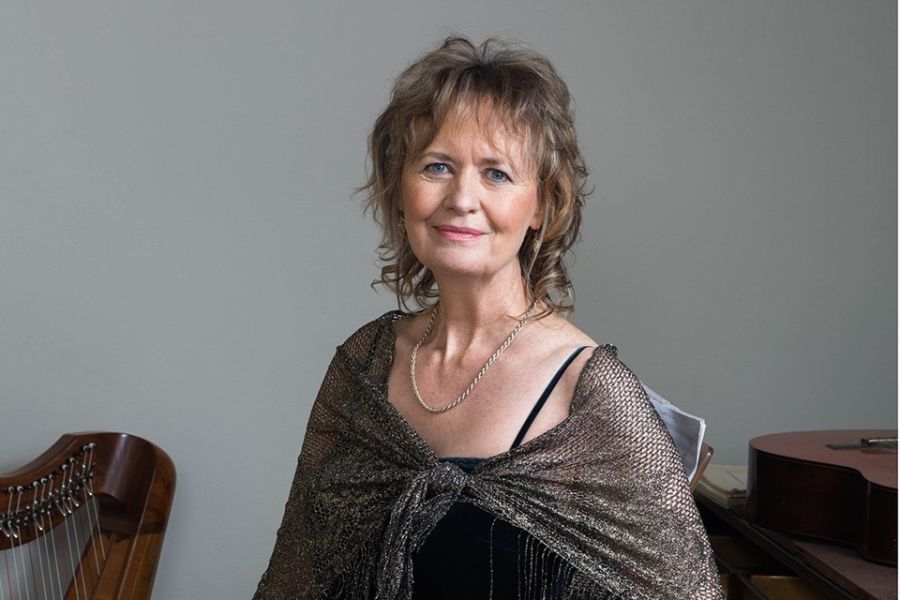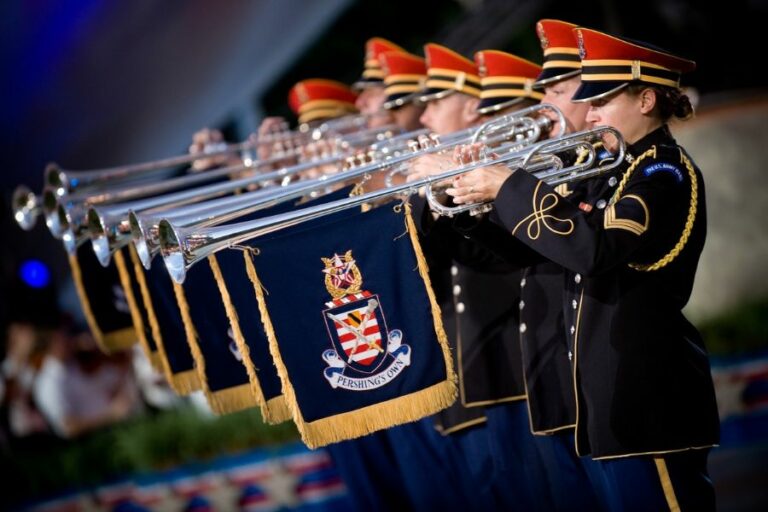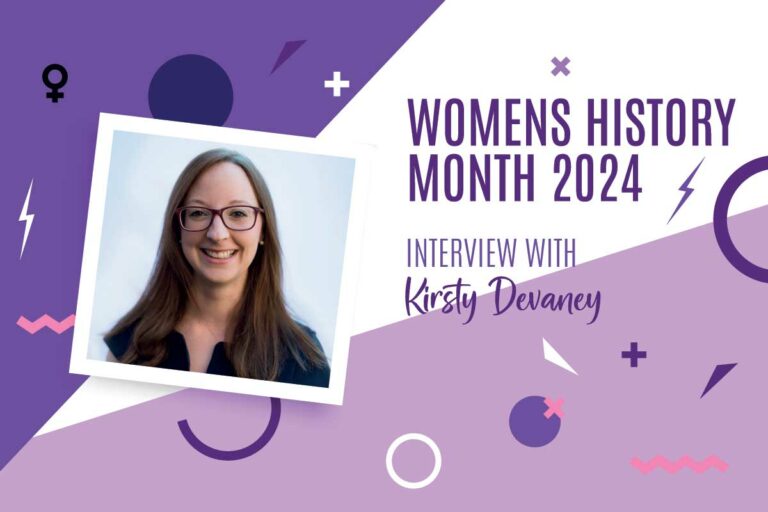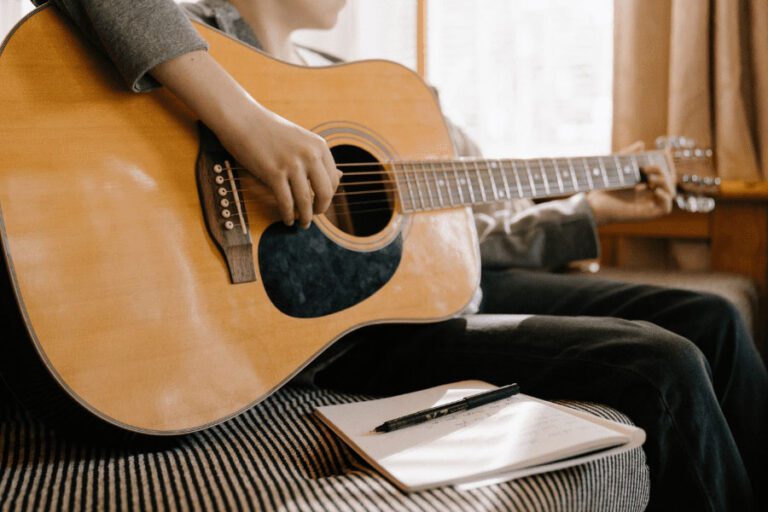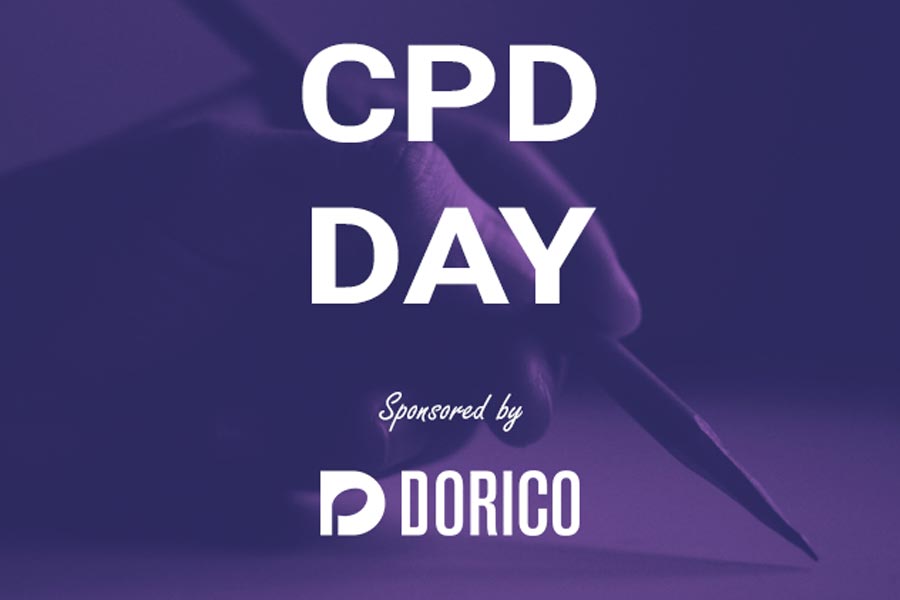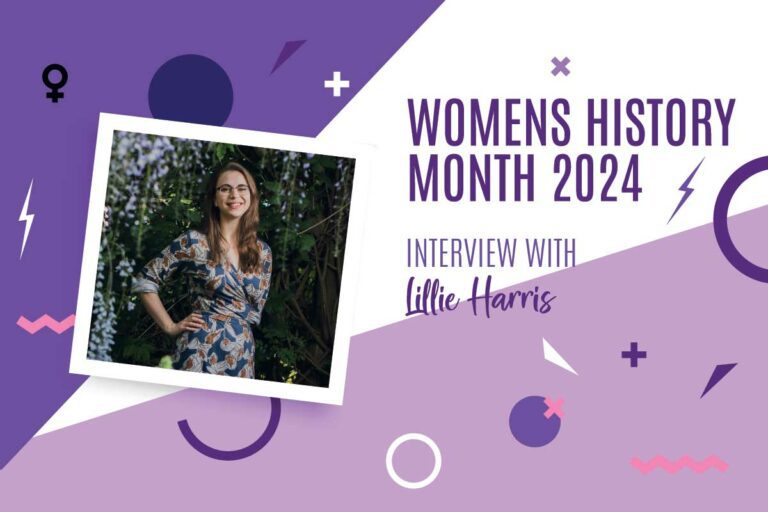Sally Beamish OBE is an award-winning composer who started out as a professional viola player before pursuing a career in composing . I got chatting to Sally about role models, the inspiring Scottish landscape and music-making in lockdown…
Can you share a little about your musical experience growing up?
I started composing when I was very small, as my mother taught me to read and write music when I was four years old. She was a professional violinist, and she would play back to me the pictures I drew on the musical staves – flowers, faces, animals.
Did you always want to be a composer?
I always knew I was a composer, but I didn’t think it was something I could do to earn a living. I didn’t know of any other female composer who did that. So I studied viola instead.
When you were starting out as a composer did you have a female role model?
The only female composer I had heard of was Clara Schumann, but I had no way to listen to her music, as it was never played on the radio, and I didn’t know of any recordings available. I just knew she existed, and I decided she was my role model.
In fact she was not a very good role model, as she didn’t herself believe that a woman could really be a composer!
In your experience, are more works by female composers now being performed and recognised?
Many, many more. It’s a good time to be a composing woman. There are lots of opportunities and there’s not the same suspicion of female composers. But I think that people still deep down equate ‘composer’ with ‘man’ – because the great works we know from the past are mostly by men. However, this is changing, as we discover more great works written by women from previous times.
It can feel quite daunting to share your ideas and work publicly. What advice would you give to young people starting out, worried about how their music will be received?
Every composer is unique, and that includes you! If you like what you are writing, and if you are expressing something of yourself, or describing something, or creating your own take on an established pattern – like a set of variations, or a dance – then only you can do it in that way, and so it is valid. Remember not to be afraid of repeating material, to make it really clear to your audience.
You lived in Scotland for 29 years – how did the landscape and culture influence your composing?
I was immediately struck by the presence of music in every day life. Most social occasions were marked by dancing, and traditional instruments and tunes. There was lots to inspire me in the special musical forms of Scottish music – song, bagpipe music, dances, fiddles, harps, whistles – it all triggered ideas for me. And the landscape took my breath away – I couldn’t believe that such a beautiful and awe-inspiring place existed and that I hadn’t discovered it before. The hills, the lochs, the weather, the wildlife – everything was a starting point for music.
Which work has been your most challenging commission?
I was commissioned by Quaker Concern for the Abolition of Torture to write a piece raising awareness of the use of torture in modern times. The real challenge was for the writer of the text – playwright Peter Thomson – to find a way to express the horror of torture while highlighting the vulnerability of all of us to resorting to violence. Peter wrote the text for two choirs, representing victims and oppressors. Towards the end of the piece they reverse roles.
I had to respond musically to a very powerful and disturbing text. I did this by using a very simple musical language – drawing on many genres of music – from dance to music theatre, from minimalism to heavy metal. I wanted to emphasise the ‘ordinariness’ of those involved in torture. The effect of hearing a classical choir singing tuneful and rhythmic music, with such dark lyrics, was quite uncomfortable.
How does it feel to attend the premiere of your own music?
The most nerve wracking moment is always the first rehearsal, especially for an orchestral piece. It is often overwhelming to hear the music for the first time, but you have to keep a clear head and be ready to answer questions. Sometimes they are difficult questions, and sometimes it’s hard to concentrate on all the musical lines when you’re feeling nervous, so you don’t always immediately know the answer. I find it’s good to take a composer friend with me to the first rehearsal, to follow the score with me, and point things out that aren’t working – like balance, for instance. As the composer, I hear all the lines in my head and sometimes don’t notice when a line is getting lost in the texture. I can’t always think quickly enough to solve a problem, so it’s good to have another pair of ears on the task.
By the time it comes to the first performance, I am usually happy to leave the outcome to the musicians, and can sit back and let it all unfold.
As Co-director of the St.Magnus International Festival in Orkney, what do you enjoy about teaching participants on the composers’ course?
I like the fact that the composers arrive just with an idea, and develop this idea over the 10 days in Orkney. It’s exciting to watch the piece taking shape, and also to see how the magic of the islands inspires the composers.
And finally…what is your proudest musical moment?
During the lockdown my husband Peter Thomson and I formed a trio with guitarist Arthur Dick. Every Thursday, after the clapping for the NHS, we performed a song. The songs were all well-known – jazz standards, pop classics, rock music from Cream, Steely Dan. This was music that had passed me by in my youth, as I had a totally classical training. The experience of playing viola without music – improvising and playing by ear, was new to me. I loved connecting with people in the street. It seemed meaningful and important to bring music to our neighbours – many of whom felt cut off and lonely. It was direct communication, and has affected the way I think about composing, and about communication with an audience in the universal language of music.
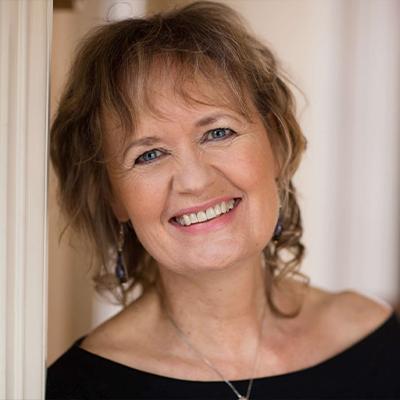
About Sally Beamish OBE
Born in London in 1956, Sally Beamish initially trained as a viola player at the Royal Northern College of Music before moving to Scotland to develop her career as a composer.
Her music embraces many influences, particularly jazz and Scottish traditional music, in a catalogue boasting over 200 compositions including solo, duo, chamber, orchestra, vocal, choral, theatre and opera works. Her music has been broadcast and performed extensively around the world with notable soloists including Steven Isserlis, James Crabb, Colin Currie and Tabea Zimmermann amongst others.
Since 1999 Sally has been championed by the BIS record label, which has recorded much of her work. Most recently, 2015’s The Singing was released to critical acclaim and features her accordion concerto of the same name with James Crabb, and further includes Under the Wing of the Rock with saxophonist Branford Marsalis and Beamish’s Trumpet Concerto with Håkan Hardenberger.
Beamish was awarded an OBE in the 2020 Queen’s Birthday Honours for services to music.
Read the full biography on the Edition Peters website.
Visit Sally Beamish website
Photo credit: Ashley Coombes
